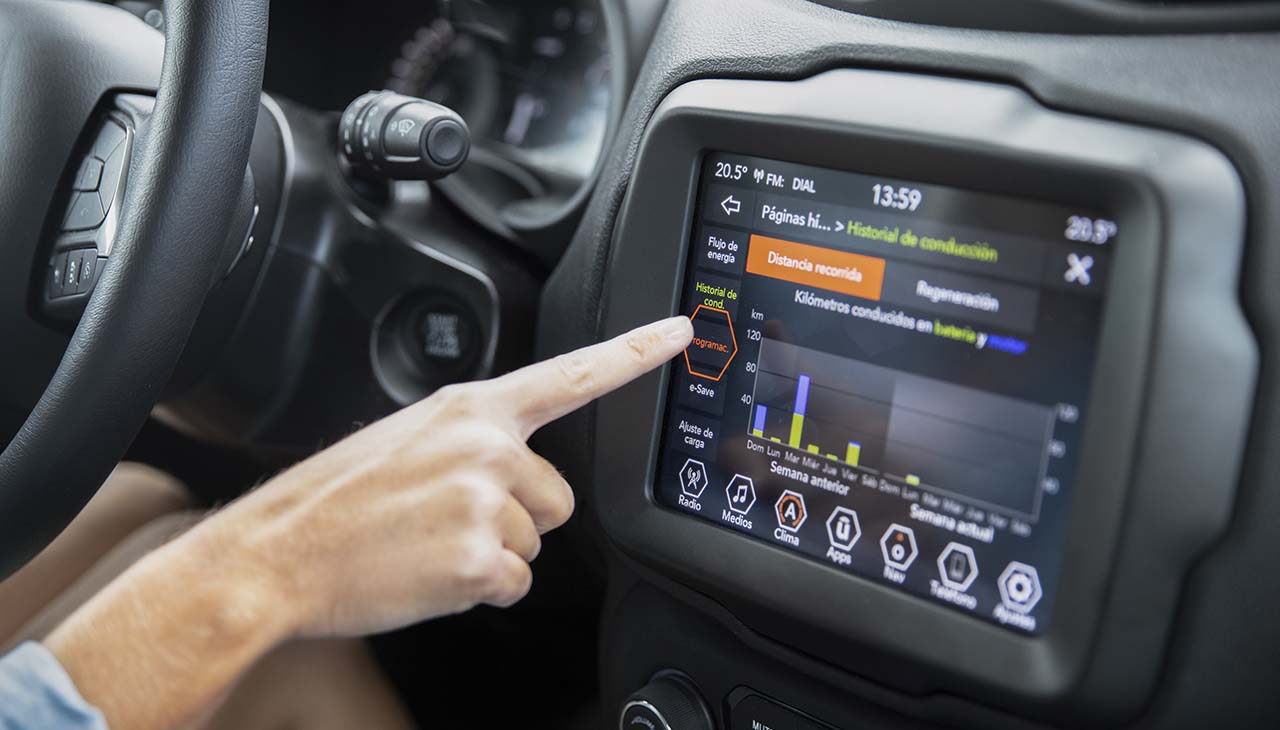Introduction
If you’re someone who loves cars, technology, or both, you’ve likely noticed the increasing trend of integrating advanced electronics into vehicles. This isn’t just about flashy gadgets; it’s about enhancing performance, safety, and driving enjoyment. Staying updated with the latest tech has never been more important, whether you’re a DIY car modder or a tech-savvy driver looking for the next big upgrade.
In this blog post, we’ll explore the fascinating world of advanced vehicle electronics. We’ll cover everything from historical milestones to future trends, and provide insights that will help you make informed choices about integrating these technologies into your own vehicle.
The Evolution of In-Car Electronics
The integration of electronics into cars has come a long way. In the early days, in-car entertainment was limited to simple AM radios. Fast forward a few decades, and we now have complex infotainment systems that offer navigation, music streaming, and even internet connectivity.
Milestones in Automotive Electronics
- 1970s: The introduction of eight-track players and cassette decks.
- 1980s: The advent of CD players and early navigation systems using dead-reckoning.
- 1990s and 2000s: The rise of GPS navigation and early driver assistance systems like anti-lock brakes and airbags.
These advancements have completely transformed the driving experience, making it safer and more enjoyable.
Advanced Electronics for Vehicle Performance
One of the most exciting aspects of modern vehicle electronics is the potential to enhance performance. Advanced engine tuning systems can optimize fuel efficiency and power output, while dynamic handling systems can adjust suspension settings in real-time based on driving conditions.
Engine Tuning and Dynamic Handling
- Case Study: A car enthusiast upgrades their vehicle’s ECU (Engine Control Unit) with a performance chip, resulting in a 15% increase in horsepower and better throttle response.
- Real-World Example: A sports car fitted with an adaptive suspension system that adjusts shock absorber settings based on road conditions, improving both comfort and performance.
Such upgrades not only make driving more enjoyable but also offer tangible benefits in terms of vehicle performance.
Safety and Security Upgrades
When it comes to vehicle electronics, safety and security are paramount. Advanced driver-assistance systems (ADAS) like lane-keeping assist and automatic emergency braking can prevent accidents before they happen.
Latest Safety Features
- ADAS: These systems use sensors and cameras to monitor the road and surroundings, providing real-time feedback to the driver.
- Anti-Theft Technology: Modern vehicles can be equipped with GPS tracking and remote immobilization systems to deter theft and recover stolen vehicles swiftly.
By integrating these technologies, you’re not just enhancing your driving experience—you’re also protecting yourself and your passengers.
Eco-Friendly and Energy-Efficient Technologies
In today’s world, sustainability is a significant concern. Fortunately, advanced electronics can also contribute to eco-friendly driving. Electric vehicle (EV) charging infrastructure is becoming more widespread, and energy-efficient accessories can reduce your vehicle’s overall carbon footprint.
Green Technologies for Vehicles
- EV Charging: Installing a home EV charger can make electric vehicle ownership more convenient and sustainable.
- Energy-Efficient Accessories: LED lighting, solar-powered vents, and efficient HVAC systems can significantly reduce your vehicle’s energy consumption.
These technologies not only help the environment but can also save you money in the long run.
DIY vs. Professional Upgrades
One of the big questions when it comes to upgrading your vehicle’s electronics is whether to tackle the project yourself or hire a professional. Both options have their pros and cons.
DIY Upgrades
- Pros: Cost-effective, customizable, and a great learning experience.
- Cons: Time-consuming, potential for mistakes, and may void warranties.
Professional Upgrades
- Pros: Expertise, warranty protection, and peace of mind.
- Cons: More expensive, less personal involvement.
It’s essential to weigh these factors carefully and consider safety and legal implications before making a decision.
Future Trends and Innovations
The future of automotive electronics is incredibly promising. From autonomous driving to vehicle-to-everything (V2X) communication, the possibilities are endless.
Upcoming Technologies
- Autonomous Driving: Self-driving cars are becoming more viable, with advanced sensors and AI systems.
- V2X Communication: Vehicles will soon be able to communicate with each other and surrounding infrastructure, improving traffic flow and reducing accidents.
These advancements will continue to shape the future of driving, making it safer, more efficient, and more enjoyable.
Conclusion
Integrating advanced electronics into your vehicle offers numerous benefits, from enhanced performance and safety to eco-friendly driving and future-proofing. Whether you’re a seasoned auto enthusiast or a tech-savvy driver, staying updated with the latest technologies is crucial.
We’d love to hear about your experiences and any upgrades you’ve made to your vehicle. Feel free to share your thoughts or ask questions about integrating advanced electronics into your car. Stay curious, stay informed, and keep driving into the future.
If you’re looking for more personalized advice or want to explore specific upgrades, consider booking a consultation with one of our experts. We’re here to help you make the best choices for your vehicle and your driving experience.


